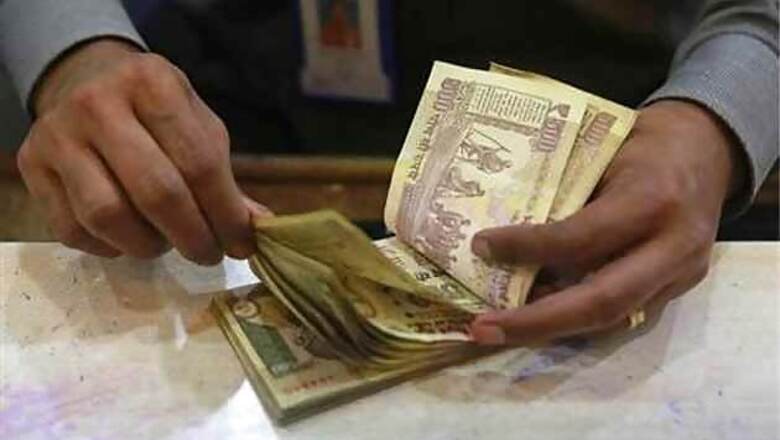
views
The Rupee has fallen to an all-time low, trading at almost 65 to a Dollar and 100 to a Pound Sterling. Is the situation getting where depreciation and inflation starts feeding off each other? CNBC-TV18's banking editor Latha Venkatesh joined IBNLive readers for an interaction on the issue.
Q. Are we heading towards Rs 70 per dollar? Asked by: Anu
A. Can't be ruled out.
Q. What do you think is the major factor responsible for the depreciation? Asked by: kirti
A. We lived beyond our means imported more and exported less. As long as emerging markets were seen as favoured places of growth and developed markets were roiled in recession, the difference between imports and exports was bridged by foreigners bringing money to invest in Indian shares and then Indian debt/bonds. Now developed countries are doing better. We have squandered our good times; the foreign funds are not coming to bridge the gap between our imports and exports.
Q. What will be the impact on interest rates? Asked by: Sonia
A. As you can see immediately interest rates have gone up, but they should come down by year end. If we can bring down inflation, then rates can come down further
Q. As citizens what can we do to help rupee recover? Asked by: kirti
A. We must ask the govt to price diesel and other fuels correctly. When we pay dearly for something, we will use it wisely and crude imports will come down. Also we must not allow the govt to run up a higher fiscal deficit. Must pay our taxes. Use more domestic goods.
Q. What should the govt do to tackle the rupee crisis? Asked by: Sunil
A. Like I said the govt must right-price diesel and LPG and even kerosene to some extent. What comes expensive will be used optimally and our crude imports will fall. Also govt must remove infrastructure bottlenecks, clear and clean up mining and coal sector. Higher productivity is the best solution to a declining currency.
Q. Is the situation getting where depreciation and inflation starts feeding off each other? Asked by: Priya
A. Not yet. Although landed goods are expensive, domestic importers and not able to pass on the higher prices because of lack of demand. Rather they are accepting a hit on their profit margins.




















Comments
0 comment